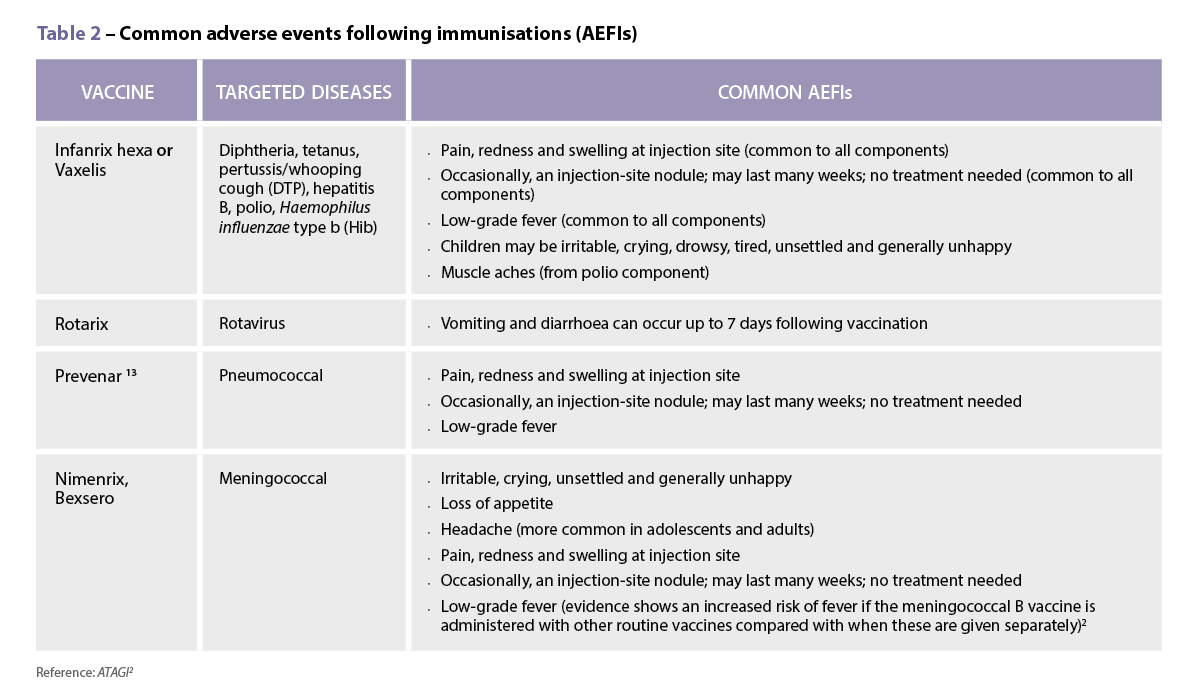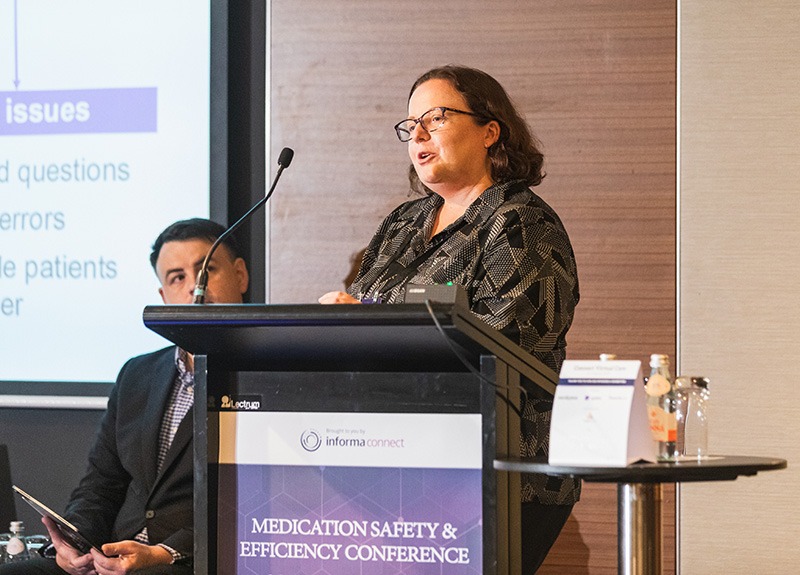The 60-day dispensing initiative has been announced.
After months of speculation, federal Minister for Health Mark Butler announced today (26 April) that patients can receive double the supply of more than 320 medicines, including those used to treat heart disease, cholesterol, Crohn’s disease and hypertension.
Under the 60-day initiative, patients with chronic disease will visit their GP, and pharmacist, half as often.
‘This new policy will be phased in over three different tranches [with] the first tranche operating from 1 September this year, the second from 1 March next year and the third tranche from 1 September in 2024,’ said Mr Butler.
‘Each tranche will involve around 100 medicines, so about a third of the 325 will be included in each of those tranches and the exact division of medicines between those tranches will be available on the Pharmaceutical Benefits Scheme (PBS) website over the course of today.’
While the drastic reduction in co-payments by an estimated $1.2 billion has sent shockwaves through the profession, Minister Butler vowed to reinvest the money back into community pharmacy.
‘Every single dollar we save from this measure will be reinvested into programs and services, delivered by community pharmacy to Australian patients,’ said Mr Butler.
Despite this assurance, PSA has still not been consulted on these measures, said PSA National President Dr Fei Sim.
‘Pharmacists are the only group that knows the true impact of PBS changes on pharmacy, and we need a seat at the table to tell the minister how programs like 60-day dispensing will impact our profession,’ she said.
‘The minister said this morning that government savings will be reinvested into community pharmacy, but there are still millions of dollars of patient contributions that will not be recouped.’
Pharmacists raise concerns
There are significant concerns about the impact of 60-day dispensing on patient access to medicines and the role of pharmacists in primary care, said Dr Sim.
‘We are also concerned about other unintended consequences on the viability of community pharmacy,’ she added.
Both community pharmacists and pharmacy owners have also expressed fears that their jobs are at risk, or their businesses could shut down.
Peter and Isabella Hawthorne, who have owned Forestville Pharmacy for 25 years, said reduced budgets and staffing means pharmacy services will need to be cut.
‘Some things we won’t be able to offer…[include] Webster packing services, wound care service, home delivery and free blood-pressure checks,’ said Ms Hawthorne. ‘It will [also] make it very difficult to keep the staff we currently employ.’
Medicine shortages could worsen
Australia has been in the grips of a dire medicines shortage crisis for months, with patients often forced to go to multiple pharmacies in search of essential medicines, including amoxicillin syrup, diabetes and cholesterol-lowering medicines and antidepressants.
To ensure patients have access to their medicines, pharmacists have made sourcing from suppliers and other pharmacies, and liaising with GPs for substitutions part of their everyday workflow.
Now the profession must grapple with the idea that medicine shortages could worsen dramatically when patients are provided with double the medicines, regardless of need.
NSW-based pharmacy owner issues apology for voting for @AustralianLabor, to staff and patients for medicines shortages and job losses that @PharmGuildAus warns will be caused by #DoubleDispensing https://t.co/Y6KjmzYKyq @AJPEditor pic.twitter.com/0px7b77x4M
— Nick O'Donoghue (@NickODonoghue) April 22, 2023
‘60-day dispensing will place further pressure on the already overstrained supply chain, worsening the medicine shortages situation,’ said Dr Sim.
‘The key is to enable as many patients as possible to have access to the medicines they need when they need it in times like this. No medicines means no care, and no care means harmful care.’
Co-owner of Capital Chemist Wanniassa Elise Apolloni MPS laid bare what the new medicine shortages reality would look like should the initiative go ahead.
In a stark warning to patients, she said pharmacists now, ‘cannot protect you from the medicines shortages that are about to come our way, if this is implemented’.
‘I’m going to have to tell you I don’t know when I can get [your medicine], and I’m going to have to tell you that I can’t even call your doctor to arrange a different option for you, because there isn’t a good alternative, because they’re all out of stock,’ she said.
Medicine safety at risk
More patients without access to treatment is not the only medicine safety concern. Excess medicines in the home could lead to medicine misadventure – with overdose, accidental ingestion or use of expired medicines a pressing risk.
‘It’s about our patients, who are front of mind when we talk about the quality and accessibility to healthcare,’ said co-founder and Director of Locumate Kavita Nadan.
‘[It’s] about medication misadventure as a result of a double supply, especially in a demographic where there are language and medication education challenges already.’
Funding cuts may lead to an increase in medicines hoarding, said Pharmacy owner Harry Nguyen.
‘[There could be] a rise in poisoning cases among children and accidental overdoses for vulnerable patients, and a significant escalation in medication wastage,’ he said.
Change to aged care program
Meanwhile, Mr Butler also announced a significant change to the On-site Aged Care Pharmacist program.
‘The policy announced by the former government would have had that program delivered through aged care facilities themselves,’ he said.
‘I am announcing today a change to that policy, so the $350 million allocated in the Budget for that measure will instead be delivered by and through community pharmacies, giving those pharmacists an opportunity to show the value they can provide to the community in delivering services rather than just processing repeat scripts.’



 Professor Anthony Lawler, Australian Government Chief Medical Officer,
Professor Anthony Lawler, Australian Government Chief Medical Officer, 
 This CPD activity is supported by an unrestricted education grant by Reckitt.[/caption]
This CPD activity is supported by an unrestricted education grant by Reckitt.[/caption]






 Jess Hadley, community pharmacist and Professional Officer at PDL[/caption]
Jess Hadley, community pharmacist and Professional Officer at PDL[/caption]
 Peter Guthrey, Senior Pharmacist – Strategic Policy at PSA[/caption]
Peter Guthrey, Senior Pharmacist – Strategic Policy at PSA[/caption]







